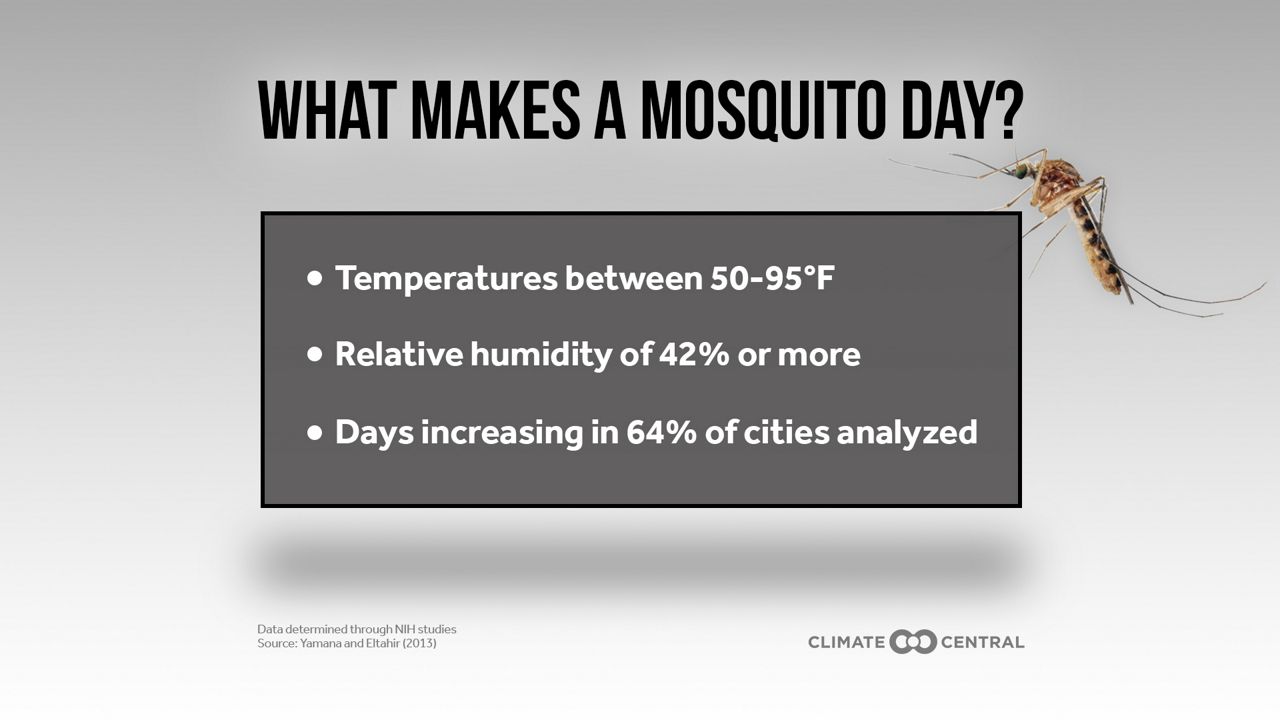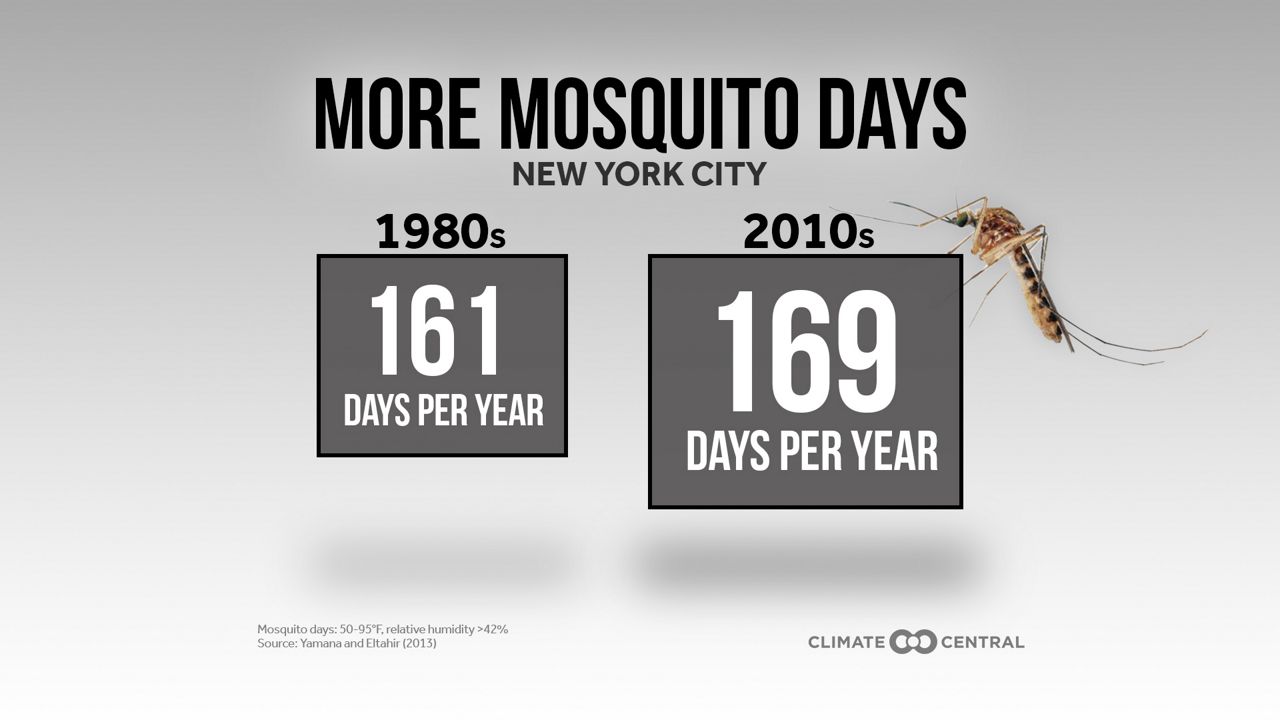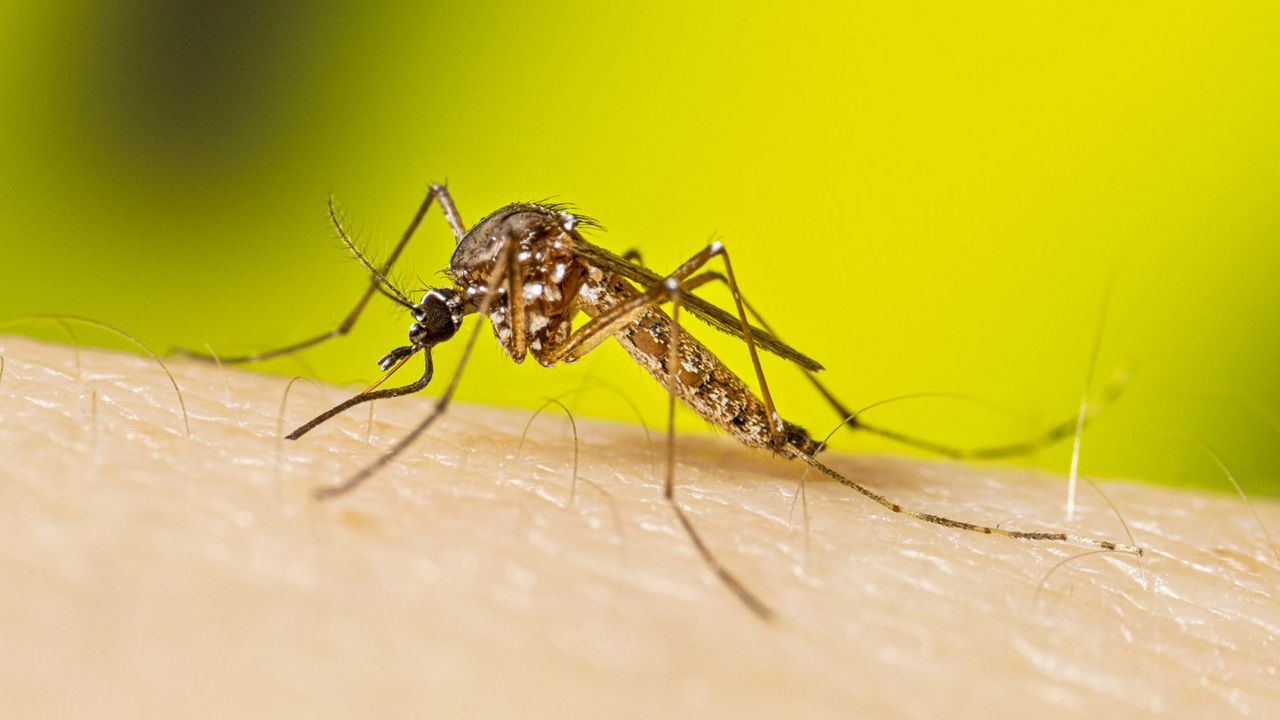Temperatures are warm, and that means the mosquitoes are going to multiply. Here’s how to deal with them.
Be ready. The bugs are back. The season for these pests is a long one for those living in and around New York City, typically lasting from April through October. These blood-sucking insects are active in both the morning and evening hours.
Mosquitoes are more than just a nuisance. They can transmit diseases to humans, like the West Nile and Zika viruses. The best way to combat these “flying vampires” in your neighborhood is to make it less bug friendly.
The New York City Department of Health and Mental Hygiene recommends eliminating any standing water when possible. Some sources of water, which serves as the breeding ground for these insects, are empty cans, pots, bird baths, kiddie pools and old tires.
New Yorkers can report standing water in their neighborhood by dialing 311.
Another tip: Keep your grass and yard neat and trimmed. Mosquitoes are attracted to overgrown areas because it provides them shade during the daytime. With that, be alert for these bugs in the early morning and evening when they are most active.
To keep these pesky bugs away, you may want to consider planting lavender, basil and mint- all of these plants can actually repel mosquitoes.
Experts say that the bugs attract to a variety of things, including carbon dioxide (which is what humans exhale when breathing) and foot odor. So keep those shoes on.
Also, switch up your wardrobe. Mosquitoes are more attracted to dark clothing.

Finally, the mosquito season depends on temperature and humidity. Over the last 30 years, the season has been trending longer. So, you can expect more days of these bugs buzzing around you.
According to Climate Central, we have about a week more of biting now than we did in the 1980s.

Our team of meteorologists dives deep into the science of weather and breaks down timely weather data and information. To view more weather and climate stories, check out our weather blogs section.



